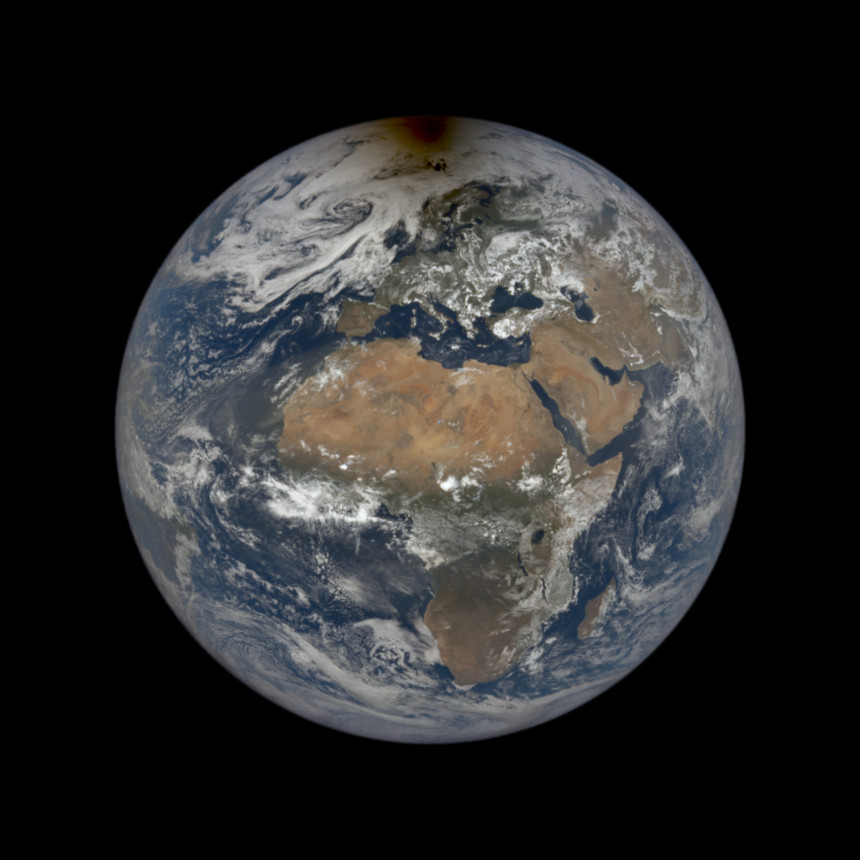It's not climate change that is threatening the planet but the greed of global speculators

Global business has long used people's fears and phobias that have been created through information campaigns as the main tool for seizing financial resources. Scared people are demanding that governments act immediately, that governments spend national resources according to the needs of global business.
Until 2020, people were being scared with the constantly repeated mantra of climate catastrophe and global warming, and so on. It has been argued that quota speculations and the shift to wasteful technologies will save the world from climate catastrophes. With the onset of the pandemic, from the beginning of 2020, fears of Covid turned into a new tool used in a new wave of public spending that brought unprecedented profit growth to the pharmaceutical industry, while various restrictions redistributed the flow of global resources in favor of IT giants.
However, the second half of 2021 is already underway, and
the fear of Covid is no longer a universal way to scare people.
There are several reasons for this. Firstly. The consequences of the current manifestations of Covid, in particular mortality, are significantly lower than regular mortality from circulatory system diseases, malignant tumours, gastrointestinal diseases, etc. Secondly. People who believed in the power of vaccination and have been vaccinated (there are countries where the majority of the adult population has already been vaccinated) are no longer afraid of Covid. Consequently, the fear of Covid has completely disappeared in most of the society, including Latvia. Therefore, scaring people with Covid no longer acts as a universal tool that paralyzes other public interests.
If covidophobia no longer works so well, then the global business is demanding a resumption of scaring people with the climate horrors. In early August, the UN, forgetting the horrors of the pandemic and the power of the Delta virus, released a report from the Intergovernmental Panel on Climate Change, in which the world is once again scared with global warming and other climate disasters.
The global information flow is, of course, included in the Latvian information flow. It can be seen vividly in one of Latvia's largest print media, Latvijas Avīze, whose August 12 issue featured this central message of the front page: "Scientists warn that extreme weather conditions will continue to threaten the planet."
Of course, everyone has the right to their opinion, and in today's democratic society, no one can be condemned for that. But such a sentence is shockingly unscientific and evidence of complete ignorance.
Planet Earth is part of the solar system that formed about four and a half billion years ago. No natural processes on the Earth's surface threaten planet Earth. Not even all existing nuclear weapons at the disposal of civilization can endanger the planet. Human activity can threaten and even destroy many life forms on Earth. Man can transform the Earth's surface, but these actions do not endanger the planet. Through billions of years of history, Earth's surface conditions have been much, much more extreme than they are today. Earth's surface has been very hot in the planet's early history. In the early stages of Earth, many large and medium-sized asteroids crashed into its surface. The craters on the Moon are a billion-year-old reminder of this period in the solar system. There were millions of years on Earth when temperatures were much warmer than they are today, and until very recently the climate on Earth was so cold that much of Europe was covered by a glacier several kilometers thick. Climate change can endanger people, flora and fauna in a particular place, but it cannot endanger planet Earth. What can threaten the planet are astronomical cataclysms with a very high energy discharge. A direct impact of a giant asteroid or something like that. In addition, the planet Earth will one day disappear. As Juris Žagars and Ilgonis Vilks write in the book “Astronomija augstskolām" (Astronomy for Higher Education Institutions, 2007) on page 184, after about five to five and a half billion years, the Sun will turn into a red giant. Its volume and radiant power will increase many times over. These changes will threaten our planet, and life on Earth will probably end then. But we have to wait about five billion years for that.
In turn, the cause of many local climatic changes is not the total amount of emissions, but the transformation of the Earth's surface as a result of human activity. When cities replace natural forests, this is what changes the local climatic conditions. The average air temperature around cities is increasing, pollution and droughts are increasing, and this is changing the surrounding conditions, increasing the risk of wildfires, and so on.
So, with or without the actions of global quota speculators, you will have to learn to live with different types of climate change, just as you will have to learn to live with viral infections that have already spread and one that will spread in the distant future. In any case, the human impact on the climate must not be exaggerated. It is not climate change, but the expansion of human living space and man-made pollution that is a threat to the planet's wildlife, leading to huge changes in the biosphere, with the complete extinction of many animal and plant species. Only this topic is outside the sphere of interest of global corporations and is no longer on the UN agenda. It is more beneficial for global giants to scare humanity with Covid and climate change.
*****
Be the first to read interesting news from Latvia and the world by joining our Telegram and Signal channels.